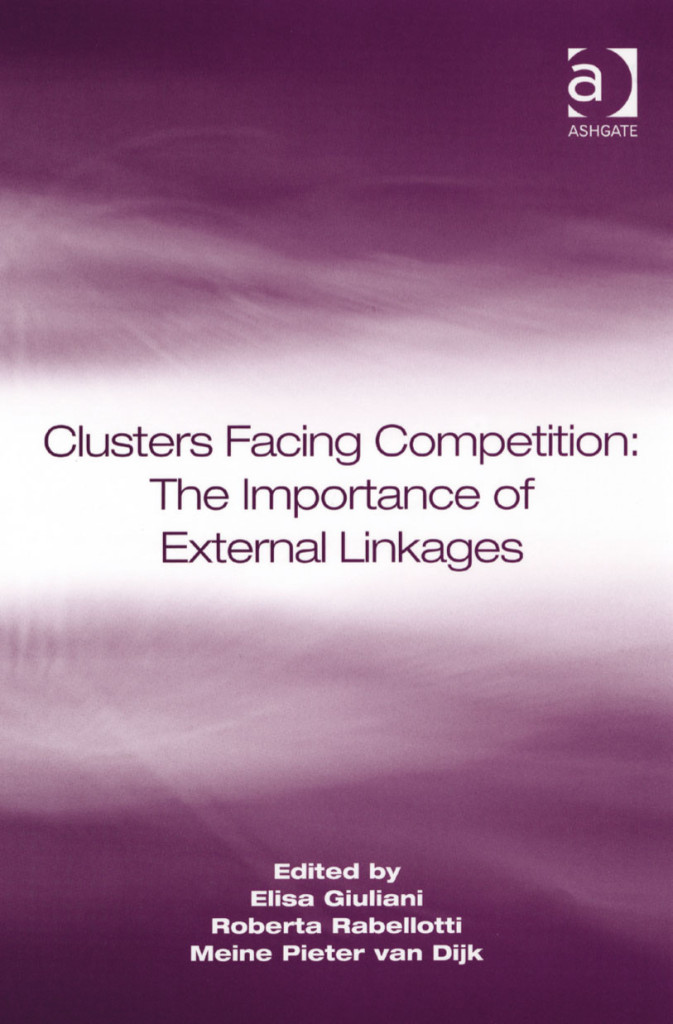MOFiR WP #101
With Andrea Presbitero
An intense process of deregulation and financial liberalization in Latin America has increased competitive pressures and led to bank restructuring and consolidation. This paper looks at firm access to credit in the region, focusing on the role of credit market structure. Using firm-level data from theWorld Bank Enterprise Survey, we find that access to bank credit is very heterogeneous. On average, smaller and less productive firms are less likely to apply for credit and more likely to be financially constrained.





